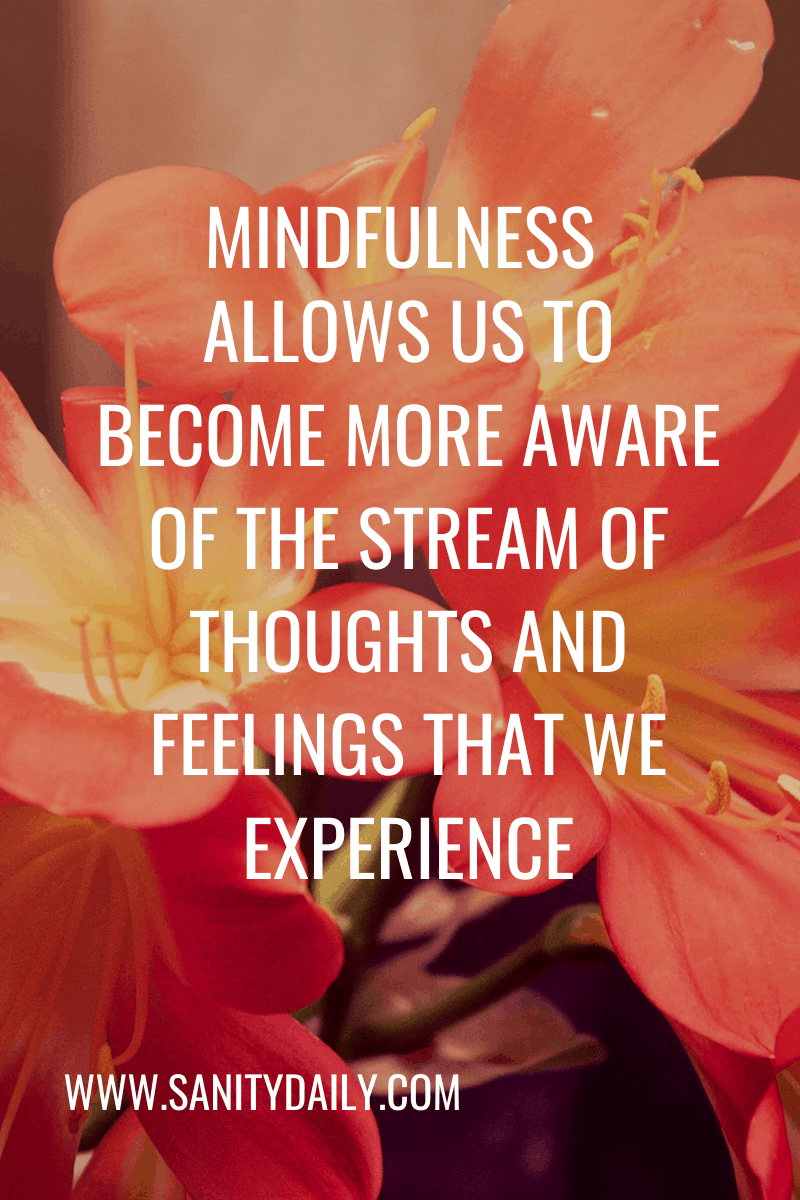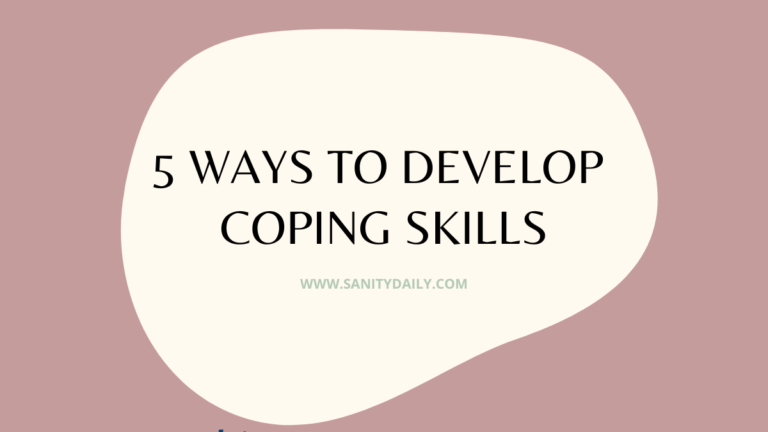Mindfulness for Mental Wellness in Women is a proven tool to pause and reflect in our daily lives. To bring our awareness to ourselves and be more aware of our surroundings. It can be easy to rush through life without stopping to notice much.
Paying more attention to the present moment – to your own thoughts and feelings, and to the world around you – can improve your mental well-being.
Some people call this awareness “mindfulness” and together we can take steps to develop it in our own lives.

Mindfulness for Mental Wellness in Women
From so many tools and exercises available around us, I personally find mindfulness as the most connecting and comfortable mode of coping mechanism. During my tough times, I made a habit of seeing things mindfully. I stopped being harsh on myself and pressurize myself to fit into the bill of perfectionism, to radiate that perfect picture all the time. It helped me feel lighter.
In my research related to mindfulness for mental wellness in women, I came across some very valid information, which I would like to share with my readers here. Professor Mark Williams, former director of the Oxford Mindfulness Centre, says that mindfulness means knowing directly what is going on inside and outside ourselves, moment by moment.
“It’s easy to stop noticing the world around us. It’s also easy to lose touch with the way our bodies are feeling and to end up living ‘in our heads’ – caught up in our thoughts without stopping to notice how those thoughts are driving our emotions and behaviour,” he says.
An important part of mindfulness is reconnecting with our bodies and the sensations they experience. This means waking up to the sights, sounds, smells, and tastes of the present moment. That might be something as simple as the feel of a bannister as we walk upstairs.
Another important part of mindfulness for mental wellness in women is an awareness of your thoughts and feelings as they happen from moment to moment. It’s about allowing ourselves to see the present moment clearly. When you do that, it can positively change the way you see yourself and your life.
How mindfulness helps our mental wellness
Becoming more aware of the present moment can help us enjoy the world around us more and understand ourselves better. When we become more aware of the present moment, we begin to experience afresh things that we have been taking for granted.
“Mindfulness also allows us to become more aware of the stream of thoughts and feelings that we experience,” says Professor Williams, “and to see how we can become entangled in that stream in ways that are not helpful.
“This lets us stand back from our thoughts and start to see their patterns. Gradually, we can train ourselves to notice when our thoughts are taking over and realize that thoughts are simply ‘mental events’ that do not have to control us.
Most of us have issues that we find hard to let go and mindfulness can help us deal with them more productively. Issues like dealing with a toxic mother in law, an abusive husband, or any past traumatic event in life. In this situation, we can ask: ‘am I trying to solve this by brooding about it, or am I just getting caught up in my thoughts?’
“Awareness of this kind also helps us notice signs of stress or anxiety earlier and helps us deal with them better.”
Mindfulness is recommended by the National Institute for Health and Care Excellence (NICE) as a way to prevent depression in people who have had 3 or more bouts of depression in the past.

How to be more Mindful as a woman?
Here are a few reminders for adapting mindfulness for mental wellness in women. Reminding yourself to take notice of your thoughts, to work on building resilience in yourselves, for your feelings, body sensations, and the world around you is the first step to mindfulness. Here is how you can begin with it:
#1 Notice every day
“Even as we go about our daily lives, we can notice the sensations of things, the food we eat, the air moving past the body as we walk,” says Professor Williams. “All this may sound very small, but it has huge power to interrupt the ‘autopilot’ mode we often engage day to day, and to give us new perspectives on life.”
#2 Keep it regular
It can be helpful to pick a regular time – the morning journey to work or a walk at lunchtime – during which you decide to be aware of the sensations created by the world around you. It is very important to structure your day and stick to it.
#3 Try something new
I the process of adapting mindfulness for mental wellness in women, I came across some facts, one was very disheartening, that women stop following their passion or trying something new after they get married. Trying new things, such as painting, aerobics, swimming, cycling, a new language, or going somewhere new for lunch, can also help you notice the world in a new way.
#4 Watch your thoughts
Some people find it very difficult to practice mindfulness. As soon as they stop what they’re doing, lots of thoughts and worries crowd in. NORMAL. It might be useful to remember that mindfulness isn’t about making these thoughts go away, but rather about seeing them as mental events.
“Imagine standing at a bus station and seeing ‘thought buses’ coming and going without having to get on them and be taken away. This can be very hard at first, but with gentle persistence it is possible.
Some women find that it is easier to cope with an over-busy mind and unstoppable mind chatter if they are doing gentle yoga or walking.
#5 Name your thoughts and feelings
Noticing and naming emotions gives us the chance to take a step back and make choices about what to do with them. To develop an awareness of thoughts and feelings, it is helpful to silently name them: “Here’s the thought that I might fail that exam”. Or, “This is anxiety”.
#6 Free yourself from the past and future
The best part about mindfulness is you can practice mindfulness anywhere, but it can be especially helpful to take a mindful approach if you realize that, for several minutes, you have been “trapped” in reliving past problems or “pre-living” future worries.
Five easy tips for Mental wellbeing:
- Connect – connect with the people around you: your family, friends, colleagues, and neighbours. Spend time developing these relationships.
- Be active – you don’t have to go to the gym. Take a walk, go cycling, or play a game of football. Find an activity that you enjoy and make it a part of your life.
- Keep learning – learning new skills can give you a sense of achievement and new confidence. So why not sign up for that cooking course, start learning to play a musical instrument, or figure out how to fix your bike?
- Give to others – even the smallest act can count, whether it’s a smile, a thank you, or a kind word. Larger acts, such as volunteering at your local community centre, can improve your mental well-being and help you build new social networks.
- Be mindful – be more aware of the present moment, including your thoughts and feelings, your body, and the world around you. Some people call this awareness “mindfulness”. It can positively change the way you feel about life and how you approach challenges.
Be present! Be Aware! Be Mindful!
Factual Credits: NHS
Lots of love and gratitude




